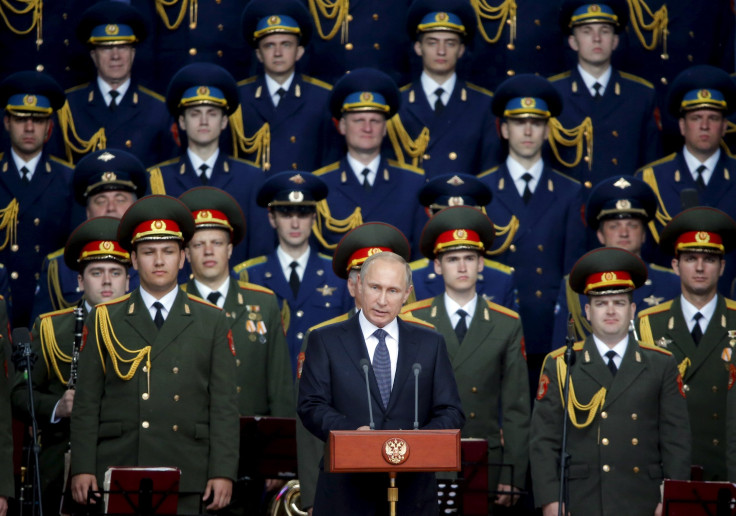Despite Russian Threats, NATO Missile Defense Plan In Europe Must Continue, US Official Says

NATO allies must continue to build up their missile defenses, despite complaints from Russia, in view of North Korea's claims last week that it tested a hydrogen bomb, a senior U.S. State Department official said Tuesday. The United States provides much of NATO's missile shield, which requires the member countries to contribute radar and weaponry to protect Europe against missile attacks.
"We are not going to agree to limitations on our systems because we need to have the flexibility to deal with the dynamic and evolving threat," Frank Rose, deputy assistant secretary of state for arms control, told reporters at NATO headquarters in Brussels. "North Korea has large numbers of ballistic missiles and they test them often," he said, adding that Pyongyang's military ambitions pose a threat to South Korea, Japan and potentially the United States, Reuters reported.
NATO's ballistic missile defenses have been a source of conflict between Russia and the West since it the system was created in 2010. Tensions between the U.S.-led alliance and Moscow have only increased since Russia's annexation of Crimea from Ukraine in 2014.
"The key Russian concern ... is that in the future, absent legally binding constraints, we will develop systems that could potentially negate their strategic deterrent," Rose said. "These capabilities are designed to defend NATO Europe against threats from outside the Euro-Atlantic area. They are not directed against Russia."
The rhetoric is the latest signal that the U.S. and NATO are looking to send a tough message to Moscow. NATO’s supreme allied commander, U.S. Air Force Gen. Philip Breedlove, said last week the U.S. has “hugged the bear” of Russia for too long. Instead, he said the U.S. should send more troops to Europe and begin more “high-end” training to prepare American forces for a potential battle against Moscow.
President Vladimir Putin has for many years described NATO's efforts to develop defenses against ballistic missiles as a move to "neutralize" Russia's strategic nuclear deterrent and gain a "decisive military superiority." He said in November that Russia would respond by developing "strike systems capable of penetrating any missile defenses," the Associated Press reported.
Amid speculation that Denmark would join NATO's missile defense system, Russia threatened last year to aim nuclear missiles at Danish warships. The chairwoman of the Danish Parliament's foreign affairs committee, Mette Gjerskov, said the comments were "very threatening and not necessary" because the missile shield was simply an "intruder alarm."
NATO's European missile defense system is headquartered in Ramstein, Germany, and is scheduled to be fully operational by 2025. Poland, Spain, Romania and Turkey have agreed to host parts of it or already have missile defense radar in place.
© Copyright IBTimes 2025. All rights reserved.






















